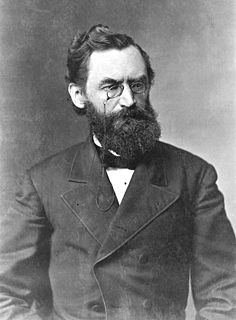A Quote by George Pelecanos
I find 'True Grit' to be one of the very best American novels: It is a rousing adventure story and deeply perceptive about the makeup of the American character.
Related Quotes
When I was a kid, I'd go to the African-American section in the bookstore, and I'd try and find African-American people I hadn't read before. So in that sense the category was useful to me. But it's not useful to me as I write. I don't sit down to write an African-American zombie story or an African-American story about elevators. I'm writing a story about elevators which happens to talk about race in different ways. Or I'm writing a zombie novel which doesn't have that much to do with being black in America. That novel is really about survival.
My idea of no makeup on actors is really no makeup. I mean, they can be wearing makeup. I don't care what they're wearing as long as it looks like they're not wearing makeup. But an actress will suddenly appear with some lipstick on. And that's makeup. Keener's character wears makeup. Her character would wear makeup. I try to stay true to whoever that person is. I hate that kind of thing where you're waking up in the morning with makeup on in a movie. I just think it pulls you out of the movie.
There is a problem in America. An Irish or Polish American can write a story and it's an American story. When a Black American writes a story, it's called a Black story. I take exception to that. Every artist has articulated to his own experience. The problem is that some people do not see Blacks as Americans.
You see the one thing I've always maintained is that I'm an American Indian. I'm not a Native American. I'm not politically correct. Everyone who's born in the Western Hemisphere is a Native American. We are all Native Americans. And if you notice, I put American before my ethnicity. I'm not a hyphenated African-American or Irish-American or Jewish-American or Mexican-American.
I chose the American ones, more or less the last five years of the silent era, because those are the ones that aged the best in the way they tell the story. One, it's about human beings with context. It's a very classical story with feelings, with laughter, melodrama and it really works, the good ones - Murnau's American movies, John Ford's Four Sons, King Vidor's The Crowd, or the (Josef) von Sternberg movies. You can watch it now and it still works. I mean they are really, really good pieces so this is where I tried to work.
I have always been in favor of a healthy Americanization, but that does not mean a complete disavowal of our German heritage. It means that our character should take on the best of that which is American, and combine it with the best of that which is German. By doing this, we can best serve the American people and their civilization.



































